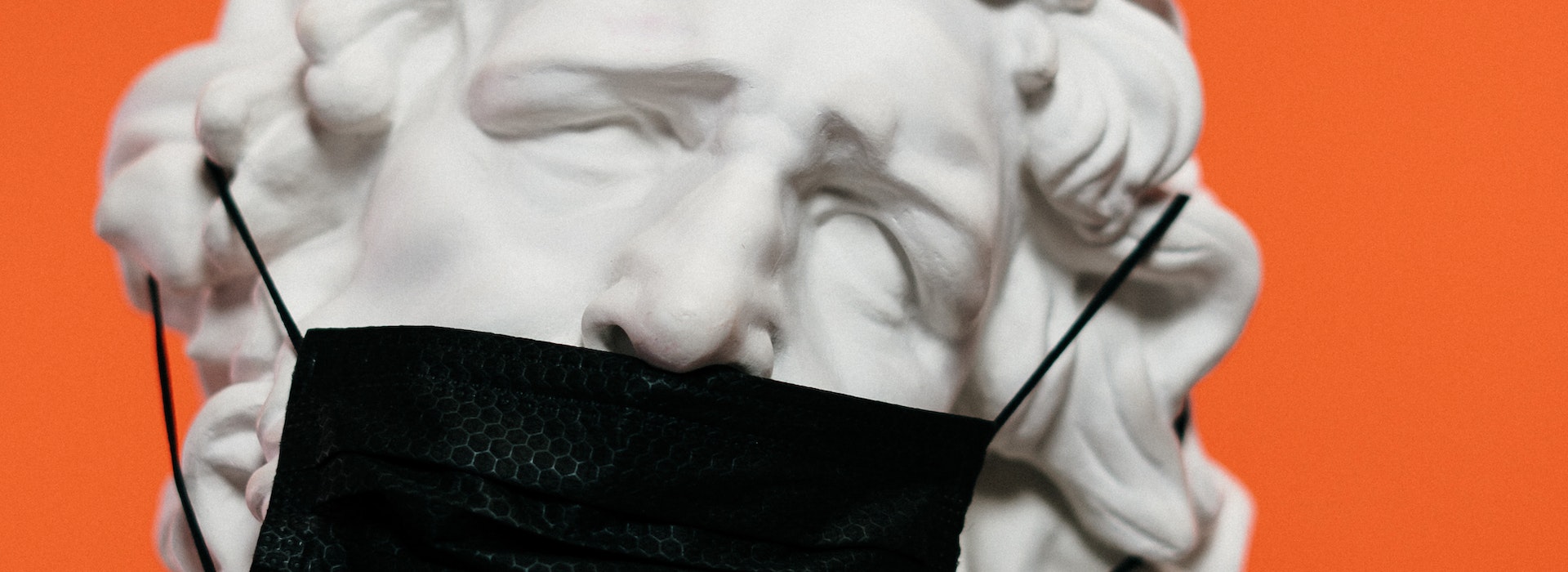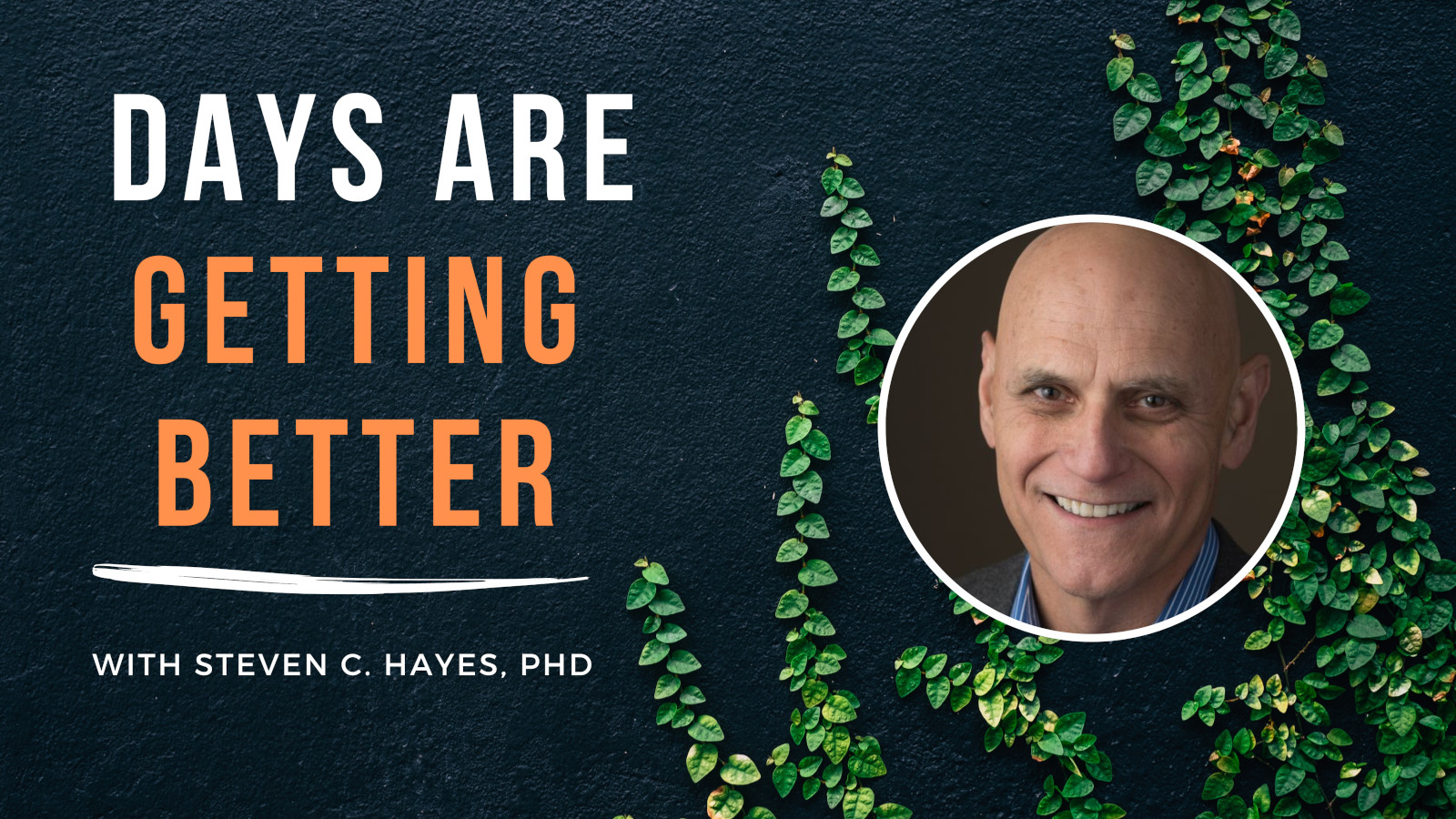I was eight, sitting with my mother on the 1950’s style pink and grey sofa, watching the war clips on a small black and white screen. A funny looking man with a small mustache was shouting in a language I did not understand. I had no idea who he was. In the timelessness of early childhood, I did not appreciate how recently this man had troubled humanity. My mother suddenly lept up, ran to the TV, spit on the screen, turned it off and left the room. In the sudden, startling quiet I realized that I’d witnessed something important, but not what it was. I often had a vague sense that my mother was just a bit strange. This was just another indication. She was not like the mothers of the other children in my neighborhood. She was somehow different.I did not know then that even her name was unknown to me. Her maiden name was not Ruth Eileen Dreyer. It was Ruth Esther Dreyer. I did not know she was Jewish. I did not know then that her own father, caught up in German nationalism, told her not to tell anyone she had “tainted blood.” I did not know then that dozens of her aunts and uncles and cousins had died in ovens at the hands of that funny looking man.I know I will cry in the next few minutes. Not because I’m a Democrat. Not even because I’m an American. I will cry because of the wounds we all carry. I will cry because of the hope we can find a better way. It is easy to find the wounds that come from blows directed at people connected to us, even if we actually never met them. “Our people,” we say, to speak of such connections. I can cry at the story of Uncle Leo, his wife and his two small children, going to their graves on packed floating graveyard called the Struma while struggling and failing to get to Israel. “It hit a mine,” I was told as a teenager. Only after the fall of the Soviet Union did our family learn that it was more. Stalin ordered the doomed vessel sunk rather than have it drift to Russian shores, packed to the railings with the likes of them.It is even easier to understand the emotional impact of blows directed at yourself or your family. I remember the look on the face of the prim white secretary of the social club in a southern town in 1973. The club owned the pool we were splashing in. She’s been asked to speak with us, she said. “Your baby is rather brown,” she added awkwardly, looking back and forth at me, my wife, and our baby. At first I thought she was concerned about little Camille getting sunburned – before I realized we were about to be asked to leave. We were being asked to leave because of the sweet brown face of my 3 and a half year old Latina/African American daughter. A sick feeling came over me – not anger, but the sick feeling from knowing I would never be able to protect her fully from what she would face in life.It is harder, much harder, to find the dark places inside and to be fully honest about the wounds they create. We laughed at those ethnic jokes. God help us, we did. We locked our car doors when driving through that poor black neighborhood. We felt the shock, that we quickly tried to hide, when we first heard of gay marriage. If we are honest, brutally honest, we know that in some of the thousand forms he knows to take, that funny little man lurks inside us. Every one of us. If you look closely you can see him leering back from the mirror. If you go to the rigid, defended, frightened, angry, judgmental parts of your own heart, you will see. He resides there.I know the election of a black man heals none of these wounds. I know that. Still, his election means something – so deep that it is hard to put into words. Right inside the wounds we carry is a yearning. It is a yearning to reach through the fear and hate, without and within, and to connect, to embrace, to love, to serve. I will cry in the next few minutes. I will cry because of the bittersweet mixture of pain and caring, and the amazingly uplifting reality of this moment. We can do better. Yes, my much loved Ruth Esther; yes the great uncle I never met; yes, my poor frightened club secretary; yes my beautiful daughter Camille; yes, Steve in the mirror. Yes. Yes. Yes we can.

Inaugural Tears
I was eight, sitting with my mother on the 1950’s style pink and grey sofa, watching the war clips on a small black and white…
You May Also Like
Blog Articles

How To Thrive With Your Community
Eight Principles For Building Stronger Groups

How to Stop Touching Your Face
There is a scientifically proven trick to getting control over your bad habits.

Having a Hard Time Sleeping? Do Nothing!
Do you toss and turn in bed? Can’t get to sleep (or go back to sleep) no matter what you do? I’ve been there and one thing is sure: insomnia is frustrating! It’s also bad for your health. Ongoing sleep deficiency is linked to an increased risk of heart disease, kidney disease, high blood pressure, […]
Join Steve’s Newsletter
Get exclusive access to my podcast Days Are Getting Better and my best content straight to your inbox. Your information is protected and I never spam.



